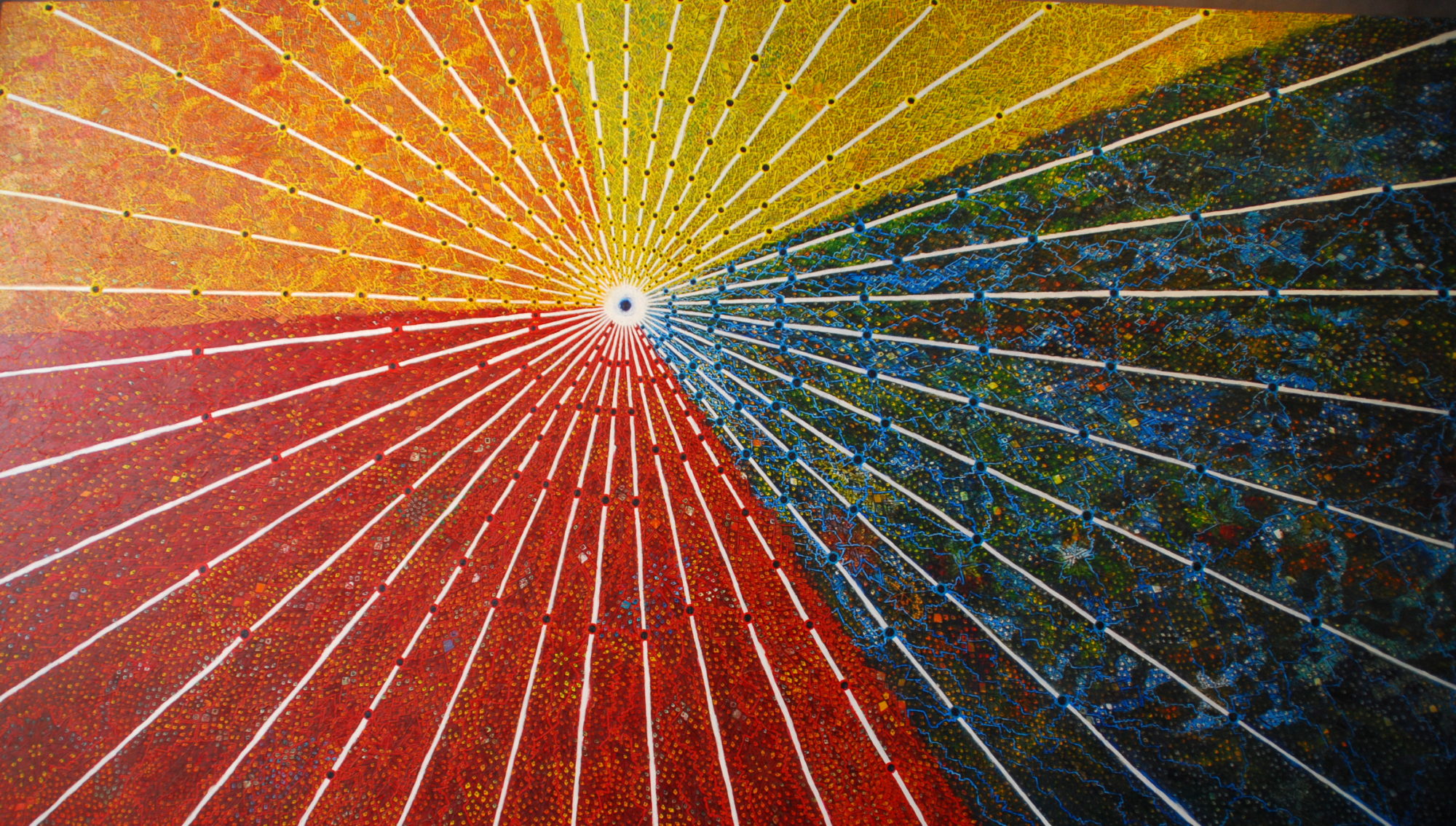(Taken from the Spargel archives: September 12, 2003)
Last night I saw The Shakespeare Theatre from Washington D.C. perform the Oedipus Cycle at Herodes Atticus Odeon, the theatre on the Acropolis. To see an ancient Greek tragedy performed by a modern American company in an ancient Greek theatre was an amazing experience. Almost 34 rows of stone seats remain, rising seemingly straight up from the ground. Behind the stage, there is a row of arched windows, above which is a row of smaller square windows, then another level of bigger arched windows. To the sides, ruins linger, making it clear that at one point the theatre had at least two more levels. While I am sure the theatre is nothing more than a shadow of its former glory, it is unqualifiedly grand.
As I watched the show with one eye and examined the theatre with another, I couldn’t help wondering, “What is the cost of such greatness?” Not the cost in money, but the cost in human lives. While it is certainly worthwhile to marvel at the way these buildings, constructed hundreds of years before Christ, still remain, demanding respect and reminding us of the ancient roots of democracy, it is important, I believe, to think about how these buildings came to be. Structures of stone, they required tremendous labor. Each stone had to be cut from quarry. Each stone had to be transported to the site. Each stone had to be arranged and secured to withstand the change of centuries. “Who did this work?” I wonder. Who gave themselves fully to the task of creating such a monument? Who lost their lives when a rock shifted unexpectedly? It wasn’t the great men of Athens. It wasn’t those we read about in textbooks or see statues of in museums. It was the common man. It was, most likely, men held slaves by other men. Greatness is a strange concept. There are men we consider great, and there are things we consider great. Sometimes we forget that many great things result from the toil of many forgotten people. It is not just true here in Greece, but in the United States and throughout the world. That which we marvel over and hold precious often has a hidden cost. That doesn’t mean that we should quit marveling. We should marvel, but not just over the thing but also over the people who created such marvels.
On a different but related note, have you ever gone somewhere and wondered what it used to be like before it is the way you see it now? For instance, whenever I go on long road trips, I always find myself imagining what our country must have looked like before interstates, or even roads of any sort, crisscrossed it. What must it have been like to have crossed the U.S. by wagon, without roads, interstate signs, fast-food restaurants, billboards, hotels, convenience stores? All you had was yourself and whatever you could fit in your wagon. All your food had to be prepared, found, or hunted. Every need had to be fulfilled by you. You didn’t know what was up ahead. You couldn’t consult Mapquest. You couldn’t call AAA. In one day, you would travel the distance we now travel in one hour. Strange, isn’t it? Could I have done it?
So yes, I’m getting to the part that relates back to my theatre experience. As I sat high above the stage, just as others had done centuries ago, I wondered what it must have been like for them to sit there. What was the same? The glow of the full moon, the pin point light of the stars (multiplied exponentially, I am sure), the trees like rough strokes of black on an illuminated canvas, the shadows dancing wildly on the stone wall, the balmy summer air, the whispers of theatre patrons. So much must have been the same. But as I looked out the arches over the stage, I saw city lights, buildings, restaurants, endless streams of cars. Where there must have been rolling hills and fields, there is now development. While the Acropolis stood stoically, the city around it grew and changed to become a modern metropolis. If the people, who in B.C. sat in the same seats that were filled last night, returned, what would they recognize? Would they even know where they were? While some things remain, so much changes. Bit by bit, the familiar becomes the unfathomable. The world is only ours for a brief moment.



You must be logged in to post a comment.